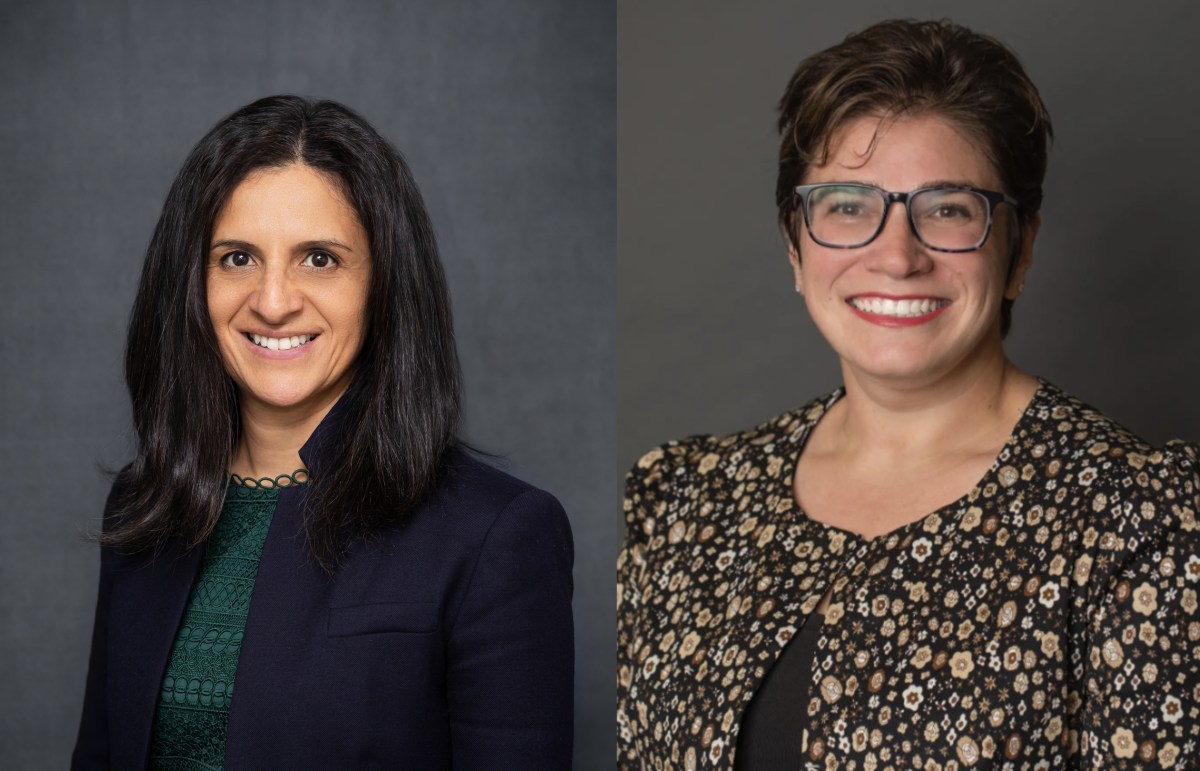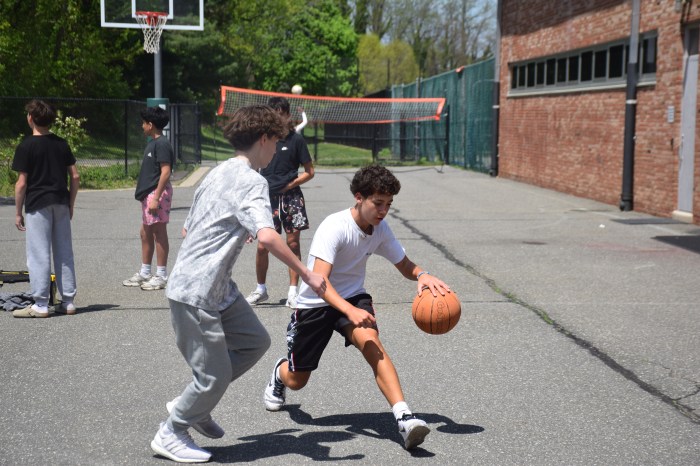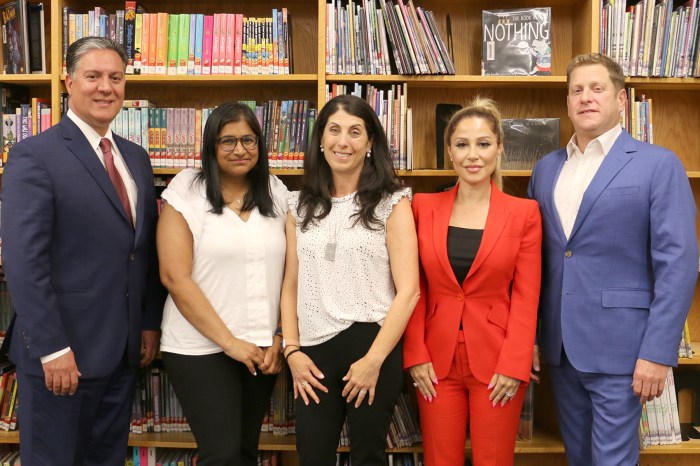The Glen Cove Board of Education discussed changes to its cellphone policy under the state’s new “bell to bell” ban as well as a potential return to its third-grade swim program, which ended in 2020, at its Wednesday, July 23, meeting.
Assistant Superintendent for Human Resources Andrew DiNapoli said the state passed a new education law in May that prohibits the use of internet-enabled devices on school grounds during the school day. The policy aims to limit distractions in the school’s environment and enhance student engagement, he said.
He said this policy would prohibit the use of smartphones, tablets and laptops, among other devices, during both instructional and non-instructional times.
“The ‘bell to bell’ includes home room periods, lunch, recess, study halls, passing time. It’s not just inside the classroom,” he said.
He said the law has some exceptions, including if a student has an individualized education plan or needs a smartphone for medical or translation purposes.
DiNapoli said that while creating Glen Cove’s policy, an advisory team of teachers, administrators and parents at the elementary and secondary levels was consulted.
DiNapoli said that under the proposed policy, kindergarteners through second-graders are prohibited from bringing devices to school, and third- through fifth-grade students may bring devices to school, but they must be silenced and put away in a storage unit, such as a cubby.
Middle and high schoolers must keep their devices silenced and in their lockers throughout the school day, he said.
The same limitations apply to wireless and wired headphones, e-readers, music devices and fitness trackers, in addition to smartphones and tablets, he said.
DiNapoli said parents can contact their children via the school office for their respective buildings. He said students may contact their parents using phones “in designated areas in the school building identified for student communication.”
“We left that to be more open-ended for building administrators to be able to identify those areas,” he said.
DiNapoli said the policy is not completely new but is an update to an existing policy.
“Students who are out of compliance with the policy, the device will be collected and held in the school office until the end of the school day. The parent would be notified, and the parent must retrieve the device,” DiNapoli said.
He said students may be subject to detention, in-school suspension, and parent-student meetings, among other consequences, for repeated offenses.
At the public comment period, Glen Cove resident Adam Lorenzana, who graduated from the high school in 2010, suggested that the school implement a “blue light” system that many college campuses have, so that students can alert others if there is an emergency while they do not have access to their cell phones.
Board President Angela Raimo said the board would be voting on the cell phone policy at a later date.
Following DiNapoli’s presentation, board members discussed the potential return of the third-grade swim program.
Board member Brett Miller asked Superintendent Alexa Doeschner for an update on the third-grade swim program, which ended during the Covid pandemic and did not return. Doeschner said the six-week program was offered to all third-graders in Landing and Connolly schools through a partnership with the Glen Cove YMCA.
Doeschner said the YMCA offered some challenges, including children in the locker rooms with the adult public.
“That caused some students to see other individuals unclothed at the time,” she said.
She also said there were complications with locker room supervision at the program, as there was only one male teacher at Landing School at the time. This complicated the logistics, as it was an off-campus program, she said.
Doeschenr said years later, former Connolly students reported “discipline issues” among the third-graders as well.
She said these complications, paired with the “loss of instructional time” in the classroom, made it so that the swim program was not started again after the pandemic ended.
Board members discussed the potential return of future simming and safety programs within the school district and said that water safety was a large part of the program’s benefit.
“I think the biggest thing from the YMCA, for me, was water safety,” said board member Maureen Jimenez.
She said the city is currently experiencing a lifeguard shortage and that water safety should be incorporated into the curriculum at all grade levels.
“I would love to see this come back in some capacity,” said board member Meghan Lavine.
She said that by offering swimming to younger students, the middle and high school’s swim team program, which is combined with Carle Place and Locust Valley, will continue to grow.
Riamo said the potential return of the program “might not look the way it did before,” but would be able to give “some kind of instruction” on water safety, like an after school club.
“We live on an island…and I think being focused on water safety and water instruction would be really good,” Miller said. “Hopefully, we can work towards that before.”


































